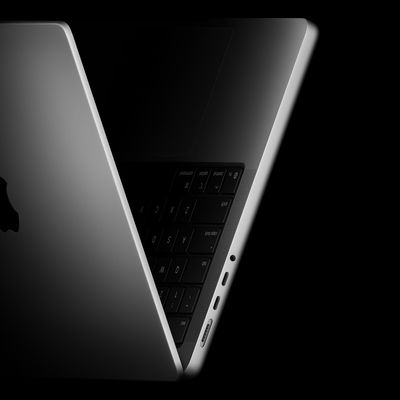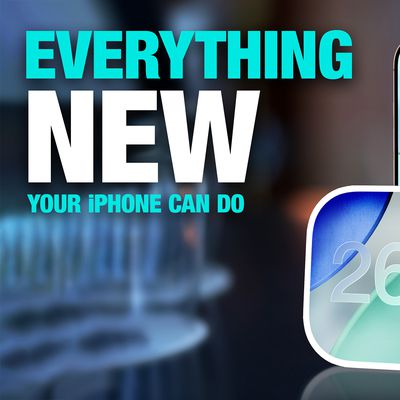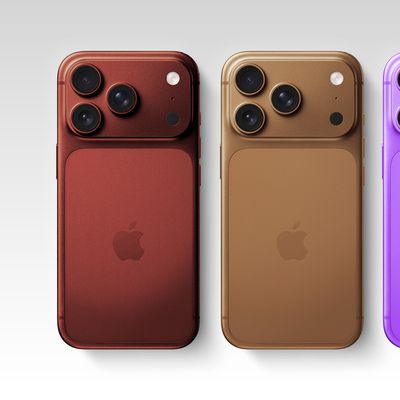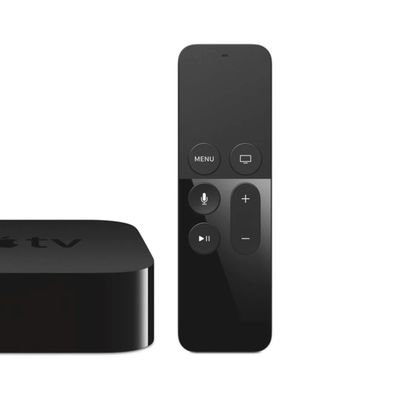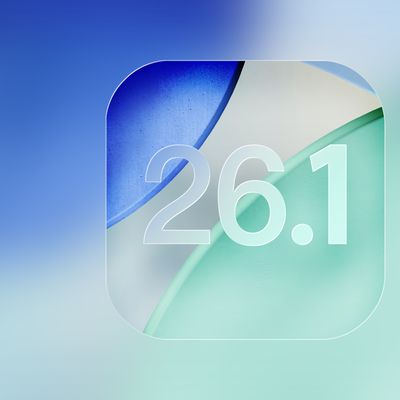Apple Chip Supplier Preparing to Begin Production of 2nm Chips as Early as 2025
Apple could adopt the 2nm process for its iPhone and Mac chips as early as 2025 as the company's main chip supplier, TSMC, has set in motion a plan to produce that process in the early parts of that year, DigiTimes reports.
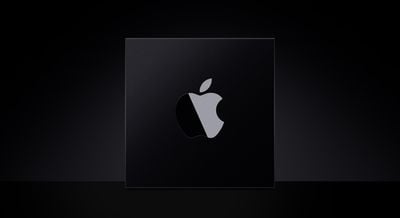
All of Apple's latest chips feature the 5nm process, including the A15 Bionic in the iPhone 13 series and the entire M1 Apple silicon line. According to a new DigiTimes report today, TSMC will begin mass production of 3nm chips later this year with 2nm following in 2025 with Apple and Intel being among the first to use the newer technology.
TSMC has set a timetable to move its 2nm GAA process to production in 2025 while commercializing its 3nm FInFET process with improved yield rates in the second half of 2022, with Apple and Intel among the first clients to adopt both nodes, further consolidating its dominance in the advanced foundry sector, according to industry sources.
A report from last year claimed that the next iPad Pro, expected to be announced later this year, will feature a 3nm process. The current iPad Pro features the M1 chip and the 2022 version is expected to include Apple's all-new "M2" chip. The 3nm process technology features performance improvements of up to 15% while being at least 25% less battery-hungry, according to TSMC.
Popular Stories
The upcoming iOS 26.1 update includes a small but helpful change for iPhones, and it could prevent you from running late to something important.
Specifically, when an alarm goes off in the Clock app, there is a new "slide to stop" control on the screen for turning off the alarm. On previous iOS 26 versions, there is simply a large "stop" button, which could be accidentally tapped.
The new ...
Apple has just given a strong indication that it will not be releasing any additional new Macs for the remainder of the year.
Apple's CFO Kevan Parekh dropped the hint during the company's earnings call on Thursday:On Mac, keep in mind, we expect to face a very difficult compare against the M4 MacBook Pro, Mac mini, and iMac launches in the year-ago quarter.Parekh essentially gave a heads up ...
Apple's iPhone development roadmap runs several years into the future and the company is continually working with suppliers on several successive iPhone models at the same time, which is why we often get rumored features months ahead of launch. The iPhone 18 series is no different, and we already have a good idea of what to expect for the iPhone 18 Pro and iPhone 18 Pro Max.
One thing worth...
Apple is about to drop iOS 26.1, the first major point release since iOS 26 was rolled out in September, and there are at least six notable changes and improvements to look forward to. We've rounded them up below.
Apple has already provided developers and public beta testers with the release candidate version of iOS 26.1, which means Apple will likely roll out the update to all compatible...
Apple's iPhone 18 Pro models could be available in new rich and warm color option, according to a known leaker.
The Weibo user known as "Instant Digital" today suggested that next-year's iPhone 18 Pro models will be available in at least one of the following color options: Coffee, purple, and burgundy.
The iPhone XR, iPhone 11, iPhone 12, iPhone 14, and iPhone 14 Pro were all available in ...
Apple is expected to launch a new foldable iPhone next year, based on multiple rumors and credible sources. The long-awaited device has been rumored for years now, but signs increasingly suggest that 2026 could indeed be the year that Apple releases its first foldable device.
Below, we've collated an updated set of key details that have been leaked about Apple's foldable iPhone so far.
Ove...
Apple launched the Apple TV HD, the Siri Remote, tvOS, and their accompanying App Store a decade ago today, marking a major overhaul of the device.
The new vision for the Apple TV was unveiled on September 9, 2015 during Apple's "Hey Siri" event in San Francisco, where CEO Tim Cook introduced the device with the statement, "The future of TV is apps." The announcement represented a major...
Tomorrow is Halloween, and then November is upon us. Below, we outline what to expect from Apple next month, as the slower holiday season approaches.
Apple is expected to kick off November by releasing iOS 26.1, iPadOS 26.1, macOS 26.1, watchOS 26.1, tvOS 26.1, and visionOS 26.1. With beta testing now wrapped up, the updates will likely be released this Monday, November 3 or Tuesday,...
The upcoming iOS 26.1 update includes a handful of new features and changes for iPhones, including a toggle for changing the appearance of the Liquid Glass design, "slide to stop" for alarms in the Clock app, and more.
Below, we outline key details about iOS 26.1.
Release Date
Given that Apple has yet to seed an iOS 26.1 Release Candidate, which is typically the final beta version, the...
Apple CEO Tim Cook today said that a more personalized version of Siri remains on track to launch at some point next year, with the new set of features expected to debut on the iPhone as part of iOS 26.4 in March or April.
"We're also excited for a more personalized Siri," said Cook, on Apple's earnings call for the third quarter of the 2025 calendar year. "We're making good progress on it,...
![]()



